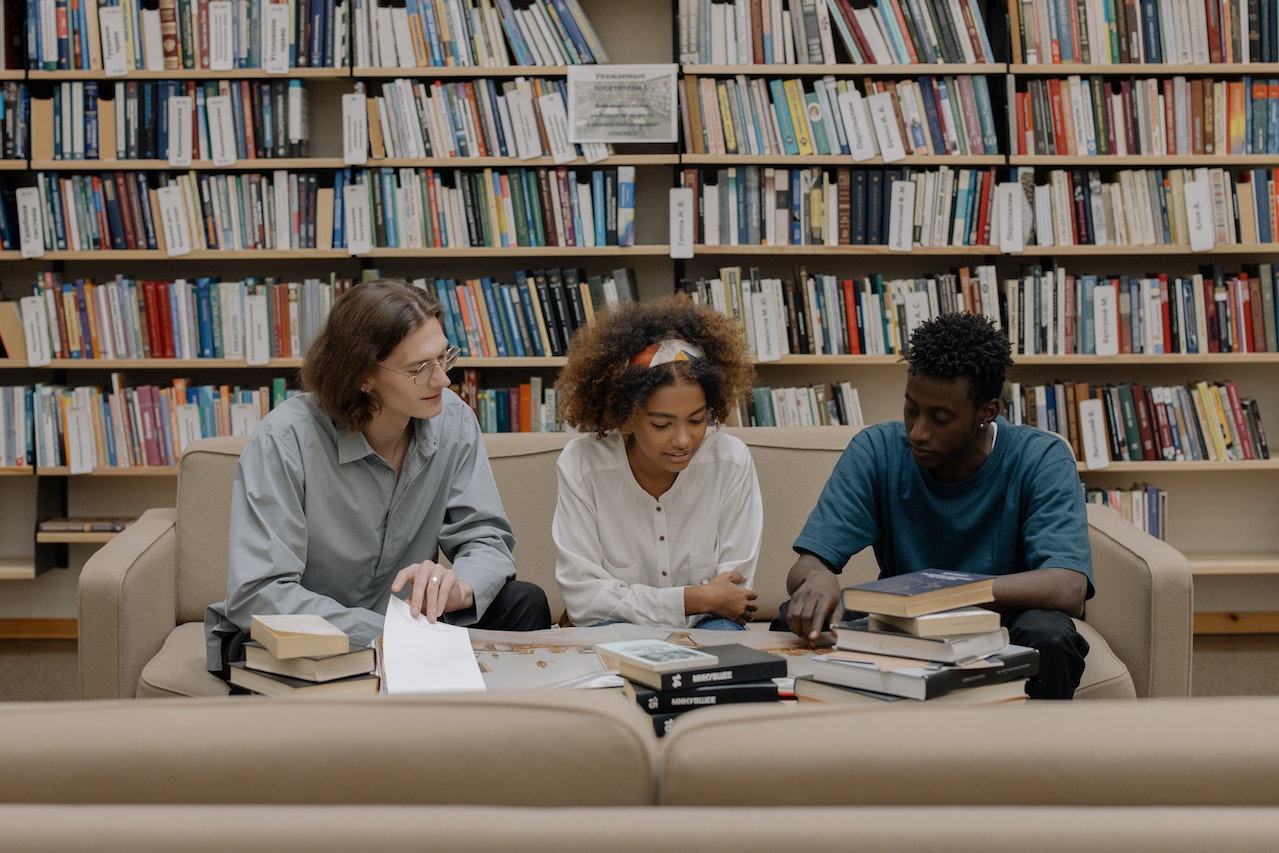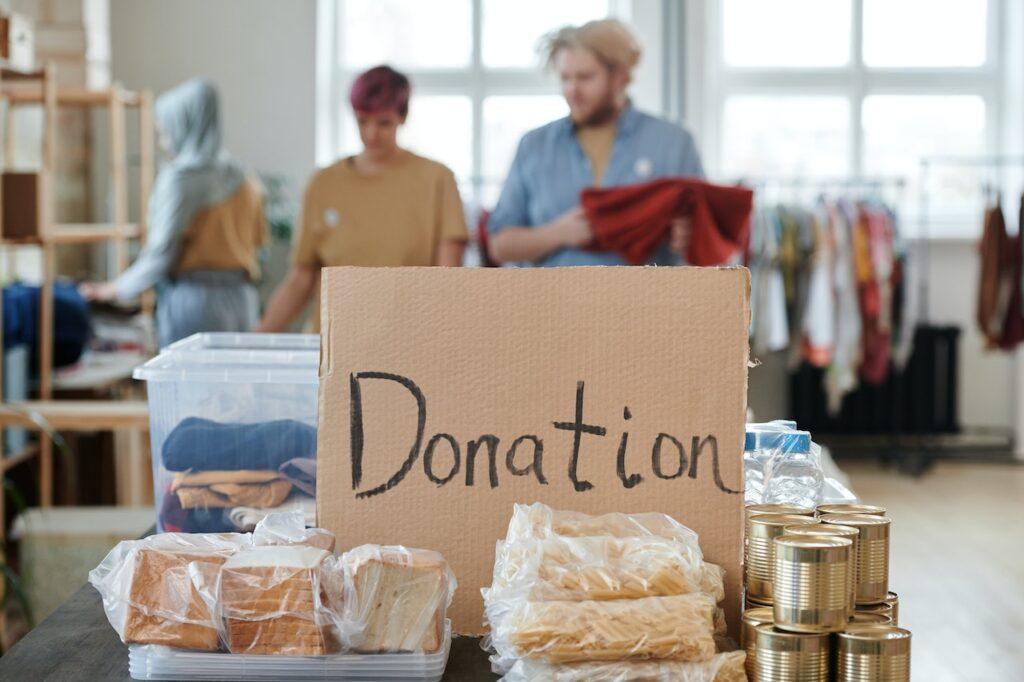Subscribe to Gorilla Grants
We regularly run grants to help researchers and lecturers get their projects off the ground. Sign up to get notified when new grants become available
We set UCL students the challenge of desiging an experiment to see if they could increase charitable giving

First-year students at UCL Experimental Psychology demonstrated real-world results from their textbooks with Gorilla.
“Gorilla has allowed our students to follow their scientific curiosity, and be rewarded with real data, from the very first stages of their degree.” Prof Daniel C. Richardson, UCL
Undergraduate courses tend to begin with the history of the discipline and established theories, and only at the end of their degrees are students able to make a scientific contribution with their own ideas.
Our goal was to bring research into the heart of our students’ learning from the very beginning of their studies. The barrier to this is technical expertise and resources, as only in their later years do our students create their own experiments, after laborious training in specialized software that differs from lab to lab.
To embed research in our teaching from the outset, we used Gorilla in our lectures, seminars and lab modules. Students participated in online experiments themselves, and analysed their own data. And then they generated their own hypotheses, created experiments and collected their own data.
“Giving is not just about making a donation. It is about making a difference.” Kathy Calvin
Over the course of the year, students were taught a wide range of theories from different areas of psychology. Their lectures covered topics such as memory process and cognitive biases in decision-making, types of social influence and means of persuasion, and personality and cross-cultural differences.
We then set them the challenge of designing an experiment to see if they could increase charitable giving. They could draw on any of the theories that they had been taught in the lectures. The challenge was to turn those theories into experimental designs for a real charitable campaign, and to gain experimental evidence for what worked.
“I am thrilled by the idea of 1st-year students creatively applying the skills they’ve learned to achieve a real-world change in behaviour. When these students reach employment, behavioural science units and consultancies are suddenly going to have a whole new tool kit available to them to advise their clients.”
The students ran around 30 different experiments, collecting data from over 1200 people, across more than 20 countries. I was astonished by this – that’s more data than my lab by itself would typically collect in a year. What was also impressive was the variety of ideas and theories that the students tested.
Each experiment began with the participant being told to imagine that they have just won the lottery and received £100 (this was so that we levelled out differences in the ability to donate across people). Then there were one of two appeals for a charity, which could be an image, text or even a movie. Then the participant was asked how much money they would want to donate.
Crucially, there was a small difference between the two appeals, and that difference allowed the students to test a range of hypotheses relating to pro-social behaviour.
For example, the two appeals may have the same picture of a face, but in one there was direct eye contact with the camera, and in the other, the face looked to the side. Or one version would mention that other people had already donated money, and in the other, there would be no information about others’ behaviour.
In another case, the religion of the refugees in the appeal was mentioned, or not, and students recorded the religion of the participant as well to see if this predicted responses.
After the experimental manipulation and the measure of charitable giving, the participants in the experiment were directed to a just-giving page and asked for a donation to a real charity. So in addition to collecting evidence on 30 different hypotheses, our students raised around £300 for a women’s shelter.

These ideas and methods were fostered by us in their labs and seminars, but all originated from the students themselves. As a concrete example, one group wrote an advert for a domestic abuse charity, and referred to someone as a ‘survivor’ or a ‘victim’, Even though the difference between the two pitches was that word alone, referring to her as a ‘survivor’ increased donations by over 25%.
Students made posters of their results to show each other and faculty members. We also picked two of the best and submitted them to the British Psychological Society’s social psychology conference.
To our delight, not only were the students accepted to the conference, and got to present their work, but two of them won an award for their poster, even though they were first-year students competing against graduate students and established researchers.
This experience showed us the enormous value of hands-on learning. The students took ideas from the lectures and turned them into working experiments that made a contribution to our understanding of pro-social behaviour, and produced something of real-world value.
As you can see, there are many ways in which students can use experiment builders like Gorilla to actually run experiments and conduct their own research, thereby taking their studies beyond the purely theoretical.
Whether you’re a teacher or a student interested in starting your own experiments now, check out our features and see how Gorilla can help you build experiments from Year One.
We regularly run grants to help researchers and lecturers get their projects off the ground. Sign up to get notified when new grants become available